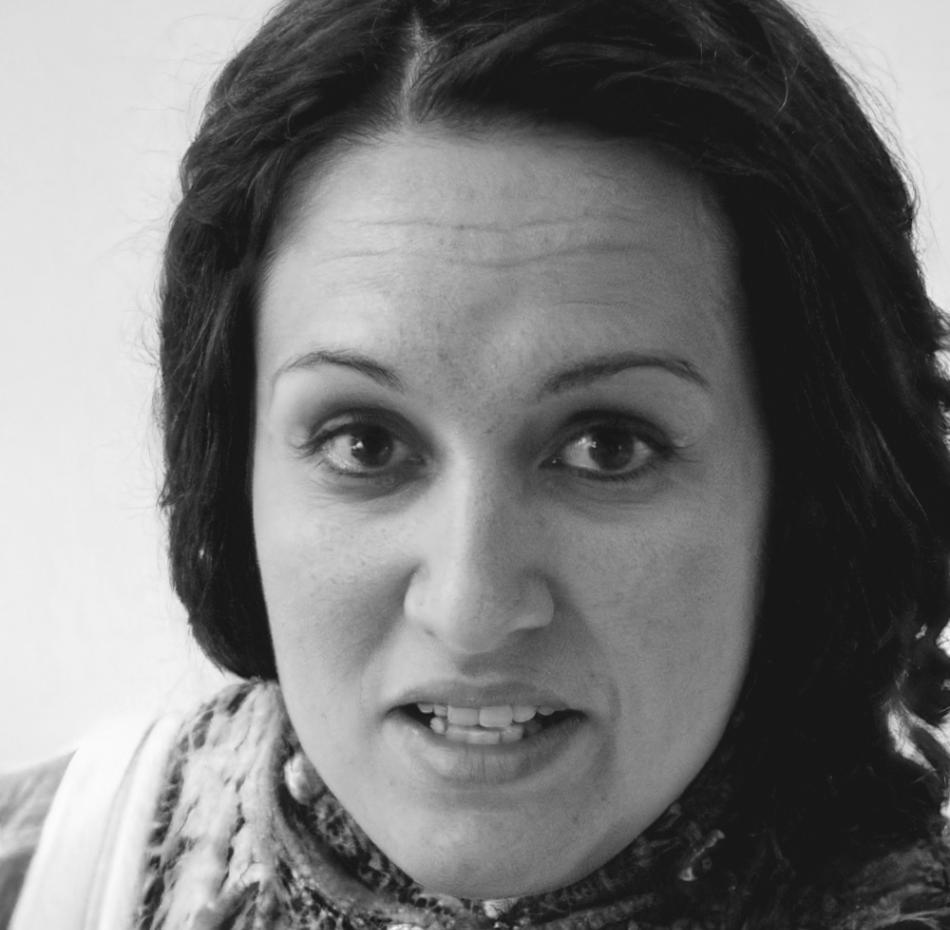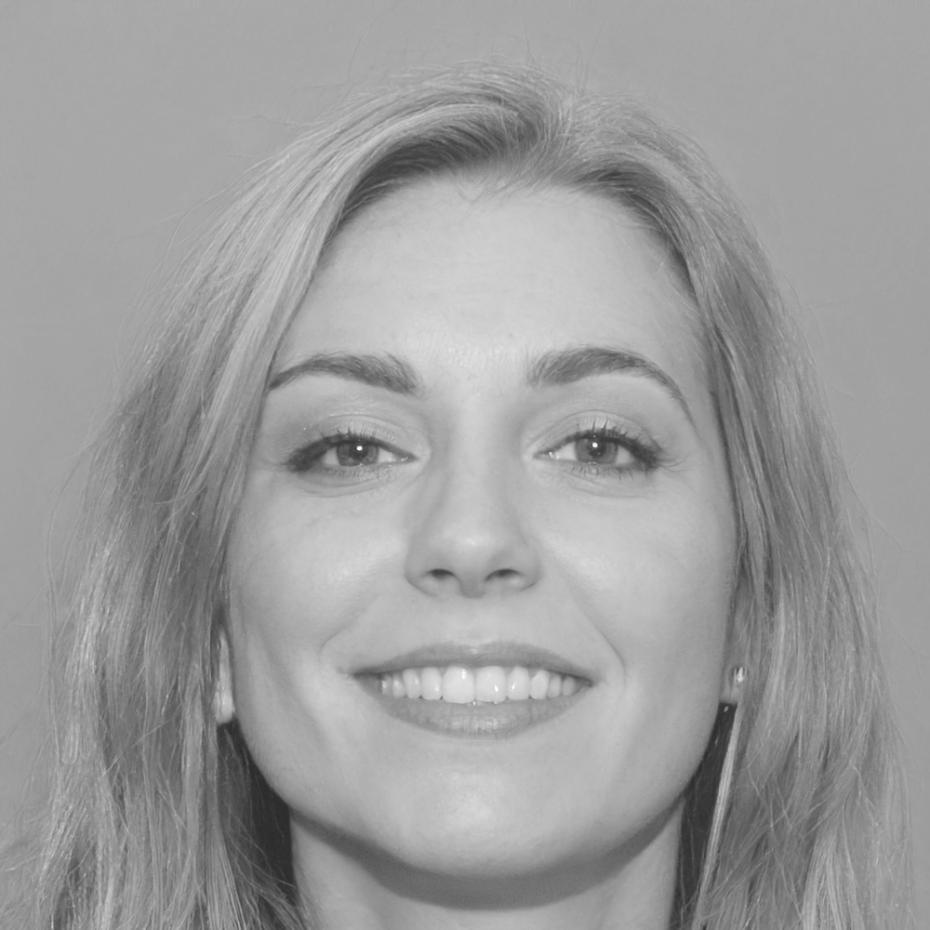Started with a simple question
Why do people struggle with money when the math itself is straightforward?
We started xalerinthovaqe in 2017 because we saw that financial literacy programs were missing something fundamental. They taught budgets and formulas, but not the habits that actually stick. Not the psychology behind why someone spends impulsively after a stressful day, or why saving feels impossible when everyone around you is spending.
How we got here
Building a financial education program from scratch meant learning what actually works. And honestly, a lot of what we thought would work didn't.
Finding our footing
We launched with twelve people in a room above a café in Canberra. The idea was to create something more practical than traditional financial courses. Those first sessions were rough around the edges, but participants started sharing stories about their relationship with money that we'd never heard in any textbook.
The habit framework takes shape
After working with about 300 people, we noticed patterns. It wasn't knowledge that people lacked. It was systems. So we shifted our entire approach to focus on habit formation and behavioural change. This year we also brought Marnie on board, who had spent years researching financial behaviour in community settings.
Expanding beyond Canberra
We started running programs in Sydney and Melbourne, adapting our approach for different audiences. What worked for young families in the suburbs didn't always resonate with students or people changing careers. Each group taught us something new about flexibility and personalization.
Building the digital platform
People kept asking if they could access materials between sessions, so we built an online component. Not to replace in-person learning, but to support it. The platform launched in June 2023 and helped participants track progress and revisit concepts when they needed them most.
Where we are now
We've worked with over 2,000 individuals across Australia. Our autumn 2025 program starts in March, and we're testing new modules around financial decisions during life transitions. We're still learning, still adjusting, still asking that original question about why habits matter more than knowledge.
Who makes this happen
xalerinthovaqe is run by two people who care deeply about this work and a small team that supports program delivery. We're not a big organization, which means you'll actually work with the people listed here.

Marnie Hutchins
Financial Literacy Director
Marnie joined us in 2019 after spending six years working with community organizations on financial inclusion projects. She has a background in behavioural economics and is particularly interested in how social context shapes spending patterns. She designs most of our curriculum and leads the majority of our sessions.

Elsie Brennan
Program Development Lead
Elsie manages program logistics and participant experience. Before xalerinthovaqe, she worked in adult education and saw firsthand how traditional teaching methods often failed to create lasting change. She focuses on making our programs accessible and adapting content based on what participants actually need, not what we think they should learn.
What guides our work
These aren't aspirational values we put on a wall. They're the principles we return to when we're making decisions about how to run programs and who to work with.

Honesty about what we can and can't do
We won't promise that our program will solve all your financial problems. What we can do is help you build habits that make money decisions easier and less stressful over time. Results depend on your situation and commitment.
Respect for different starting points
People come to us from all kinds of financial situations. Some are managing debt, others want to build better savings habits, and some just feel overwhelmed by daily spending. We don't assume everyone needs the same approach.
Practical over theoretical
If something works in theory but fails in real life, we adjust. Our curriculum has changed dozens of times based on what actually helps people create lasting change. We care more about what works than being right about our methods.
How we approach financial education
Most financial courses teach information. We focus on helping people change behaviour, which is much harder and takes longer.
Small group settings
We keep sessions to 12-15 people so there's space for actual discussion. Financial stress is isolating, and hearing others struggle with similar challenges helps normalize the experience.
Habit tracking between sessions
Participants work on one specific financial habit for two weeks before we meet again. This might be checking bank balances every morning or waiting 24 hours before non-essential purchases. Simple, but surprisingly effective.
Flexible program length
Some people benefit from our full 12-week program. Others just need the core 6-week foundation. We let participants decide based on their progress and goals rather than pushing everyone through the same timeline.
Follow-up support
We offer optional check-ins three and six months after programs end. Not everyone takes us up on this, but for those who do, it helps reinforce habits and address new challenges as they come up.


